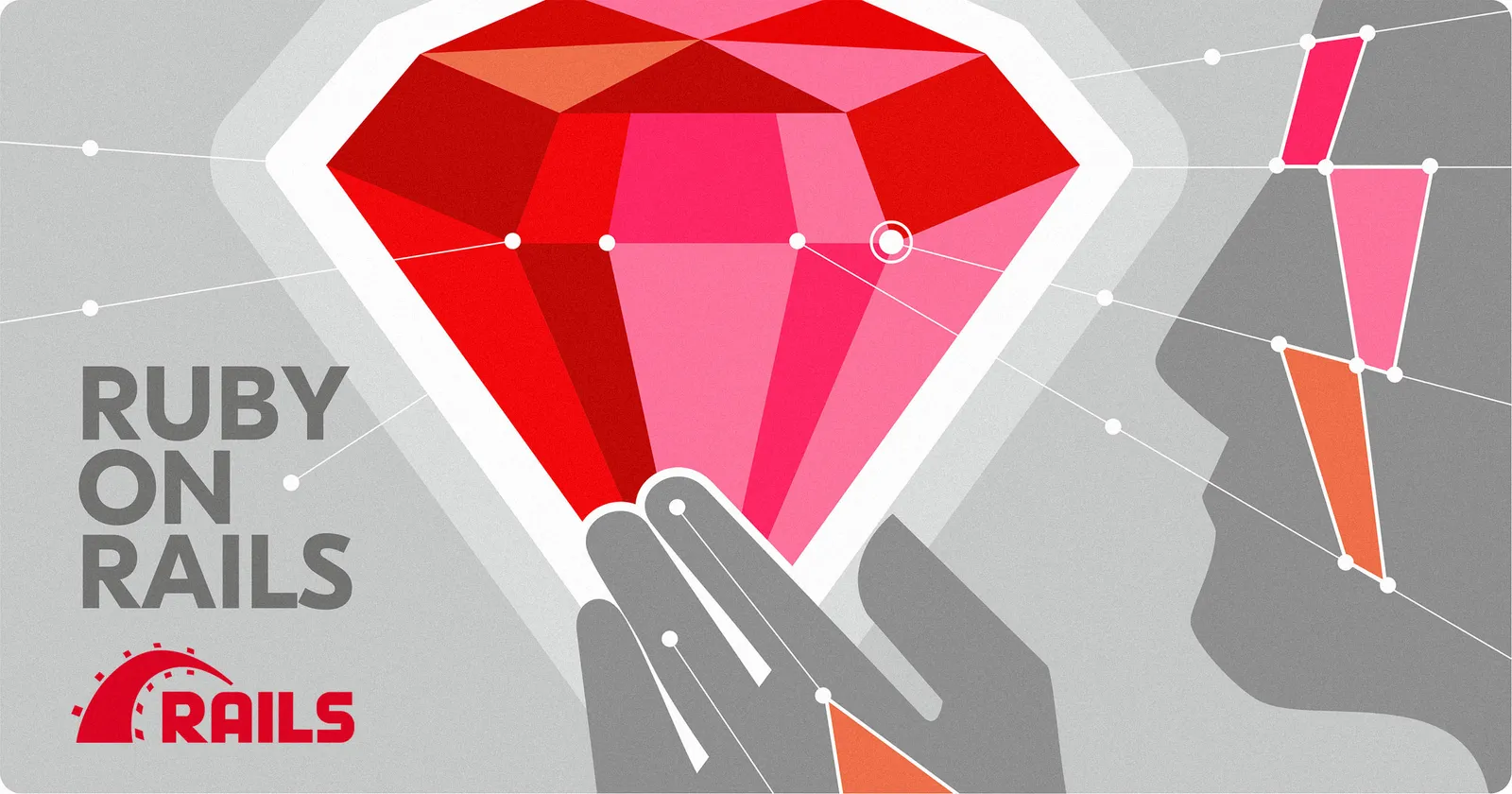Ruby on Rails: 3 Important Questions
Feel free to check the full guide on RoR: Everything You Need to Know about Ruby on Rails Web Application Framework
Q1: Is RoR the right choice for new projects?
The reason Rails became so popular, especially among startups, is its speed of development. When building a so-called Minimum Viable Product (MVP), the time-to-market is of the utmost importance. You want to quickly ship a product, onboard the first users, and start iterating.
Ruby on Rails was built with all of these needs in mind, and is arguably the top choice for startups launching their products. It’s quick to develop a prototype with Rails – many are ready to take on their first users in just a few weeks. RoR makes this possible because of the abundance of gems (160k+ at the time of writing!) and the intuitive nature of a framework.
Once you’ve confirmed your assumptions or found a different, viable business model, there’s no need to switch to another framework. Ruby on Rails is perfectly suitable for large projects with complex backends, thousands of users, and a wide array of functionalities.
As such, Ruby is among the best options if you:
- Want to quickly deliver an MVP or need to develop a web application with a tight deadline
- Have a limited budget (as an additional bonus, RoR is open source and thus, free to use)
- Need to quickly find a development team or hire experienced developers (as there are so many out there)
- Have the need to handle complex logic. Because of the MVC structure of a framework, Ruby on Rails makes it very easy (and quick) to write complicated business logic succinctly, without the clunkiness typical of many frameworks.
Q2: Is Rails slow?
Rails isn’t slow by any definition. It can’t match some JS frameworks or Golang, but it is absolutely in line with many other popular frameworks’ performance. The speed can only be an issue with huge implementations that drive massive traffic. Even then, this can be often addressed with the right architecture and database structure.
Q3: Should I learn Ruby on Rails in 2021?
Depending on your interests, RoR may be one of the best on the list. Why? Let’s see.
Community
There’s a vibrant community around it, and over 4.2k contributors to the RoR GitHub page (the hugely popular Django, Laravel, or ReactJS don’t even have half of that). The RoR community is active and known for being very open and helpful to newcomers.
Easiness
It’s relatively easy to learn, especially if you already know JavaScript or a similar framework. The language is expressive, and the syntax is clean and easy to comprehend.
Quickness
It’s quick to work with, and with the abundance of resources, you can deliver things in no time. Incredibly helpful if you’re planning to work on your own prototypes or pet projects.
Product-oriented approach
Working with RoR inevitably means working closely with products. RoR teams are often found in startups, and they’re small and focused. Engineers are often exposed to customer insights and gain a deeper understanding of the product. This can be an invaluable experience if product management is your field of interest.
Paycheck
Coding in Ruby also pays well. According to the 2020 Stack Overflow Developer Survey, Ruby was among the frameworks guaranteeing the highest paycheck.
Logic
Rails does many things with logical conventions, so you can focus on the core of your application. The code is clean and easy to understand and maintain.
The full guide was originally published by my colleague Piotr Malek on Railsware blog
#ruby-on-rails #web-development
